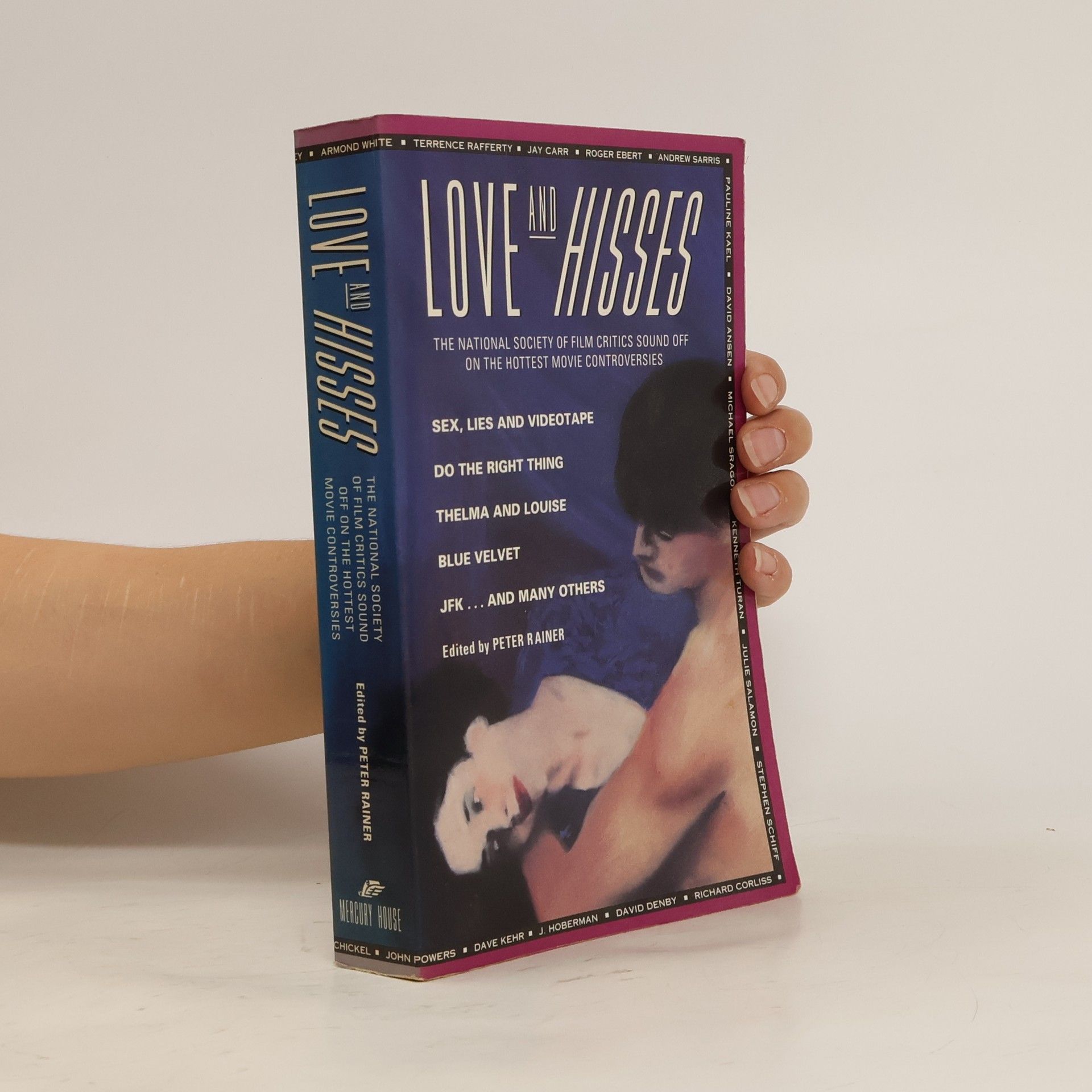A study of the Marx Brothers' classic 1933 Hollywood comedy Duck Soup in the BFI Film Classics series.
J. Hoberman Libri
J. Hoberman è un distinto critico cinematografico e autore il cui lavoro approfondisce le arti cinematografiche. La sua scrittura esplora frequentemente le tecniche stilistiche e gli strati semantici dei film, offrendo analisi approfondite che vanno oltre l'osservazione superficiale. Attraverso i suoi scritti approfonditi, invita i lettori a rivalutare il loro rapporto con i media visivi. Il suo contributo letterario risiede nella sua capacità di scoprire significati nascosti e risonanze culturali all'interno dell'arte cinematografica.




How the digital turn and 9/11 have changed motion picture history.
Love and Hisses
The National Society of Film Critics Sound Off on the Hottest Movie Controversies
- 560pagine
- 20 ore di lettura
A collection of essays on the most hotly debated films features discussions on Spike Lee, Oliver Stone, the ratings war, and the war of the sexes by such critics as Pauline Kael, Roger Ebert, and Terrence Rafferty. Original.
The Magic Hour: Film at Fin de Siecle
- 272pagine
- 10 ore di lettura
Focusing on the transformative "magic hour" of film, this anthology compiles the author's insightful movie reviews, cultural critiques, and political essays from a pivotal era marked by significant historical events, including the fall of the Berlin Wall and the collapse of the Trade Towers. Through a lens of cinematic and social exploration, the collection reflects on the interplay between art and culture during times of change, offering readers a rich tapestry of thought-provoking commentary.